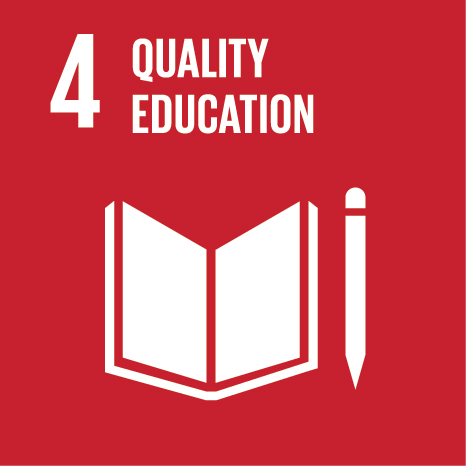 +265(0)111 624 222
+265(0)111 624 222 research@unima.ac.mw
research@unima.ac.mw Chirunga-Zomba, Malawi
Chirunga-Zomba, Malawi
Universalism and Judgements in Educational Encounters
Abstract
In this chapter, using Sharon Todd’s notions of judgement and “cosmopolitics,” which is a contestation of cosmopolitan universalism, we contend that learners are not a homogeneous group with generally common fundamental interests. What constitutes their moral needs as moral persons seeking just encounters and relations can be met by a cosmopolitanism that emphasises and embeds common values only in the objective roles and rules that govern educational encounters. The chapter argues that learners are concrete beings with constitutively different moral needs and interests, which cannot all be couched up in impartialist terms in order to expect that adherence to impartial rules and roles will guarantee satisfaction of cosmopolitan ideals. Given this background, it is imperative that judgement-making in the university by teachers and others should not be restricted to Todd’s idea of scripted cosmopolitanism, but rather intersubjectivity must contextualise rules and roles to avoid the risk of ignoring and undermining legitimate moral interests that reside in a learner’s otherness as a concrete being.
| Original language | en |
| Pages (from-to) | 53-70 |
| Publication status | Published - 2020 |
UN SDGs
This research output contributes to the following United Nations (UN) Sustainable Development Goals (SDGs)

License
http://www.springer.com/tdmUN SDGs
This research output contributes to the following United Nations (UN) Sustainable Development Goals (SDGs)

License
http://www.springer.com/tdmUN SDGs
This research output contributes to the following United Nations (UN) Sustainable Development Goals (SDGs)

License
http://www.springer.com/tdm